Problem-Solving Skills Normal Alphabet Worksheets for Ages 5-7
6 filtered results
-
From - To
Boost your child's problem-solving skills with our engaging Normal Alphabet Worksheets designed for ages 5-7! These printable worksheets combine fun activities with essential learning, helping young learners develop critical thinking skills while mastering the alphabet. Each worksheet is filled with creative exercises that challenge children to think critically, work independently, and build their confidence. Not only do these sheets promote active learning, but they also foster a love for reading and writing in a playful setting. Perfect for at-home learning or the classroom, our problem-solving worksheets ensure a solid foundation in literacy and cognitive skills. Start your child’s educational journey today!
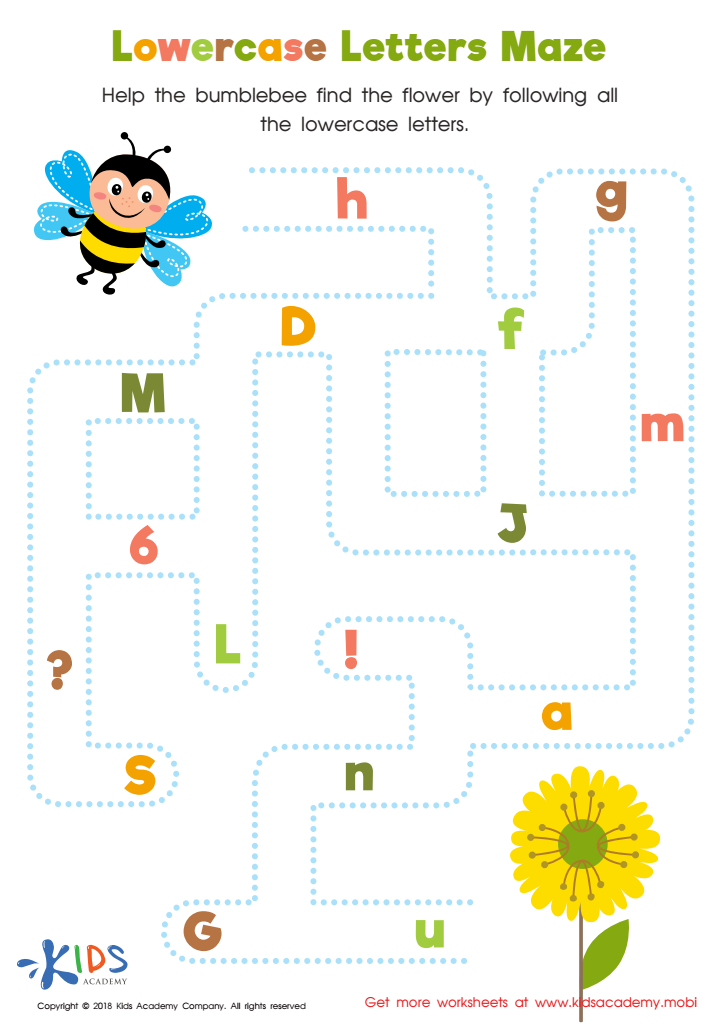

Lowercase Letters Maze Worksheet
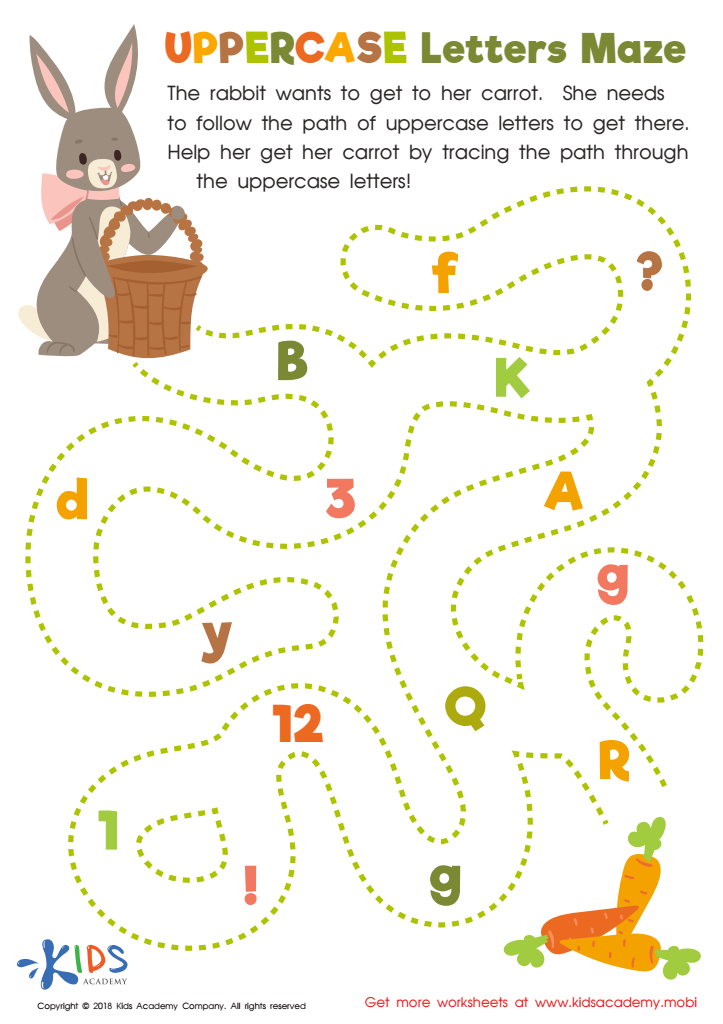

Uppercase Letters Maze Worksheet
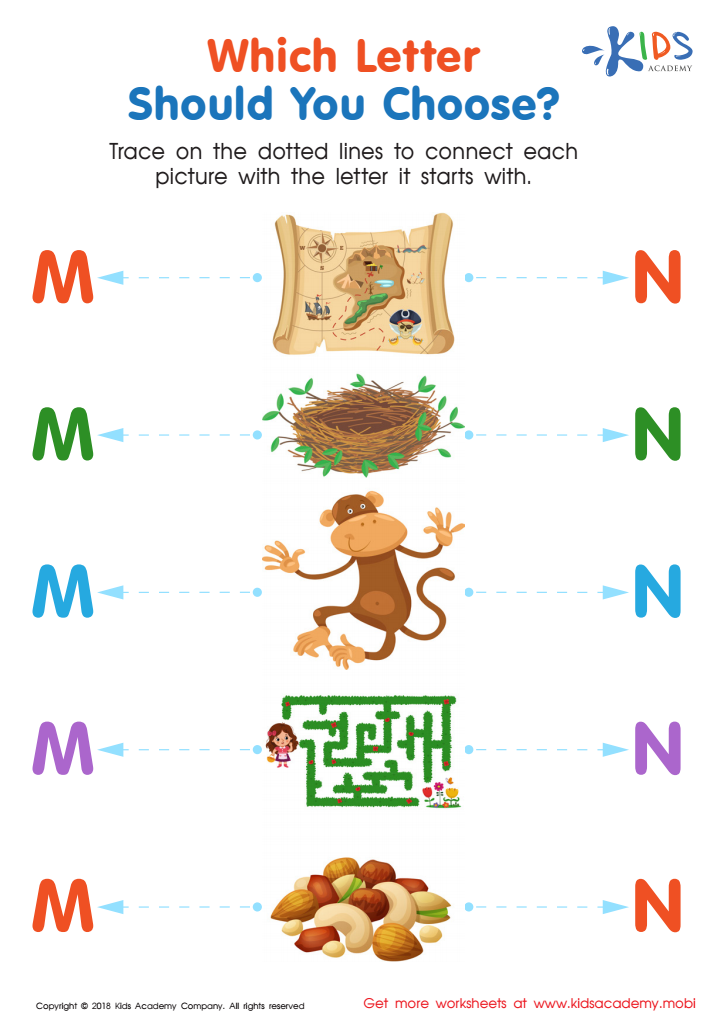

Which Letter Should you Choose? Worksheet


Long Vowel Maze /o/ and /i/ Worksheet
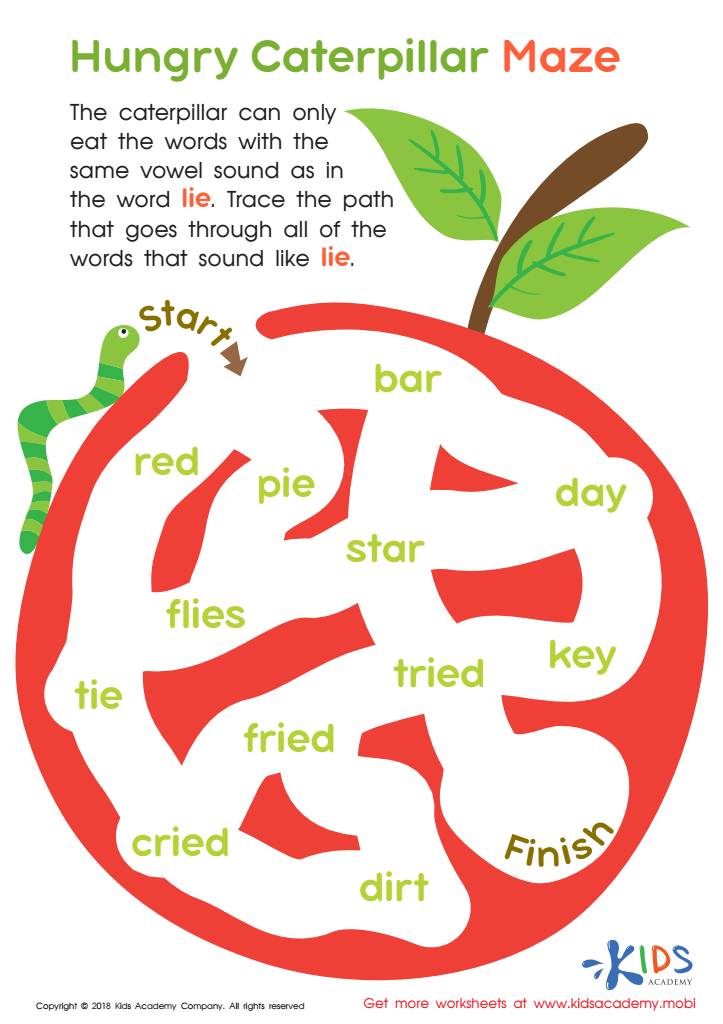

Hungry Caterpillar Maze Worksheet
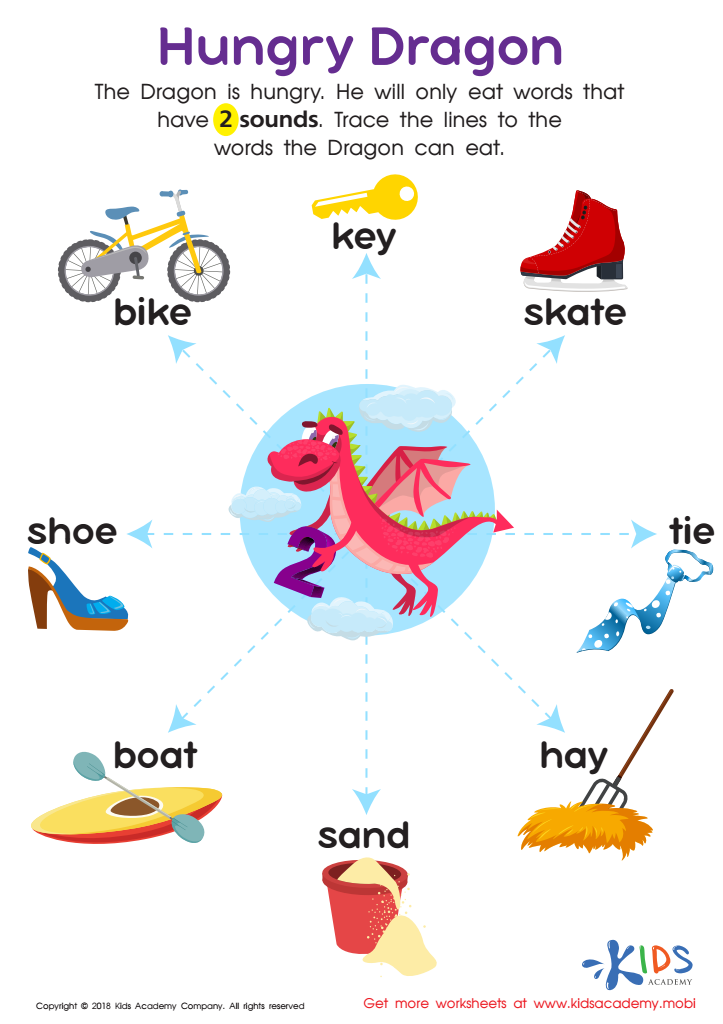

Hungry Dragon Worksheet
Problem-solving skills are crucial for children aged 5-7 as they form the foundation for critical thinking and decision-making in their future. During this developmental period, youngsters are naturally curious and eager to learn, making it the perfect time to cultivate these essential skills. When parents and teachers prioritize problem-solving, they empower children to navigate challenges and develop resilience.
By engaging in activities and games that encourage problem-solving, kids learn to analyze situations, brainstorm solutions, and evaluate outcomes. These experiences promote creativity and help children understand that there are often multiple ways to approach a problem. Furthermore, enhanced problem-solving abilities greatly contribute to academic success, as children are more adept at tackling subjects like math and science.
Additionally, fostering these skills cultivates confidence and independence. Children become more willing to take risks and explore new ideas, knowing they have the capacity to solve challenges. Finally, strong problem-solving skills support social development, enabling children to collaborate with peers and resolve conflicts constructively. Ultimately, investing in problem-solving education equips children with life skills that will benefit them well beyond their early years. Parents and teachers play a critical role in this transformative process, inspiring a love for learning and lifelong success.

 Assign to My Students
Assign to My Students














